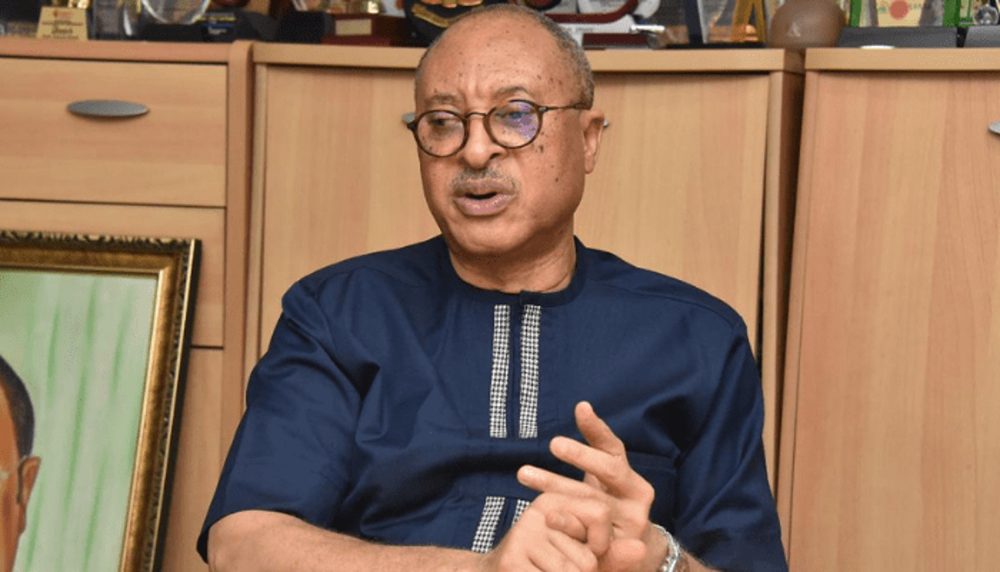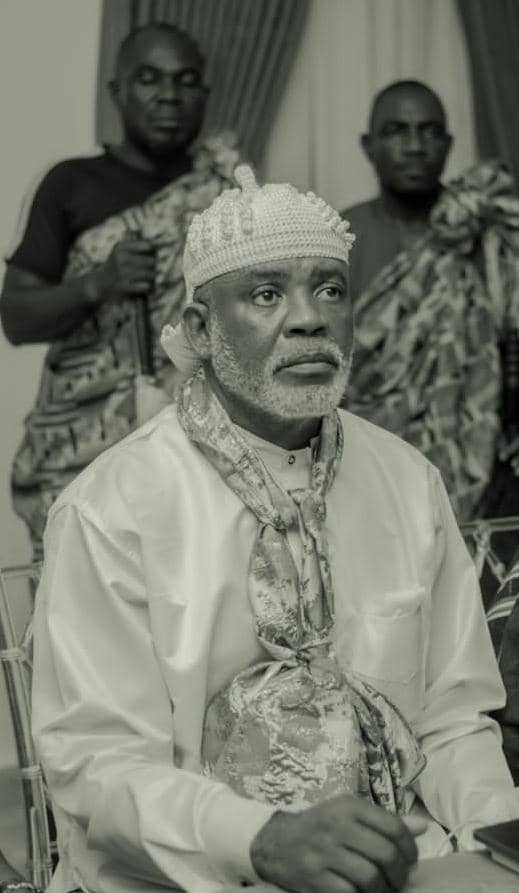Namibian opposition leader McHenry Venaani has called for stronger collaboration between Namibia and Botswana to secure inclusive reparations for communities affected by Germany’s colonial-era genocide, while urging a shift toward policy-driven leadership across Africa. Speaking at the Alliance for Progressives’ national congress in Sarowe, Botswana, Venaani criticized Germany’s N$18 billion (approximately $1.2 billion) reparations proposal for excluding descendants of the Ovaherero and Nama people living outside Namibia, particularly in Botswana.
The proposed agreement, spanning 30 years, addresses atrocities committed by imperial Germany between 1904 and 1908, which resulted in the deaths of tens of thousands of Indigenous people. Venaani emphasized that excluding diaspora communities—especially Botswana’s sizable Herero population—renders the deal unacceptable. “When the Germans came with a proposal to finalize the deal, they excluded the Ovaherero and Namibian people in the diaspora, in particular Botswana,” he said, adding that unity between the two governments is critical to ensuring justice.
Venaani’s speech also highlighted Sarowe’s historical ties to Namibia’s liberation struggle. The town once housed the remains of Ovaherero paramount chief Samuel Maharero before their repatriation to Namibia in 1923. He noted how Sarowe-based chief Tshekedi Kama helped internationalize Namibia’s fight for independence by dispatching Reverend Michael Scott to advocate for the oppressed at the League of Nations. “Namibia’s independence could not have been achieved without the seed planted here,” Venaani stated, framing the location as a symbol of transnational solidarity.
Beyond reparations, the politician urged African leaders to prioritize ideas over political titles, criticizing the “chase for high-ranking positions” as counterproductive. “We must fortify ourselves in the struggle of brainpower and ideas. Fight for ideas that change lives,” he said, directing younger politicians to focus on policy innovation rather than internal power struggles.
Venaani proposed ambitious regional projects, including a transboundary initiative to channel water from Namibia’s Atlantic coast to Botswana, inspired by Botswana President Mokgweetsi Masisi’s recent efforts to address water scarcity in Lesotho. He stressed that such ventures should prioritize youth employment and agricultural development to combat joblessness.
Praising Botswana’s leadership, Venaani described Masisi as a “tenacious leader with high comprehension” who champions inclusive governance. His remarks underscored a broader appeal for Pan-African cooperation, historical accountability, and intellectual rigor in addressing contemporary challenges—a message resonating amid ongoing debates over colonial reparations and regional integration.



